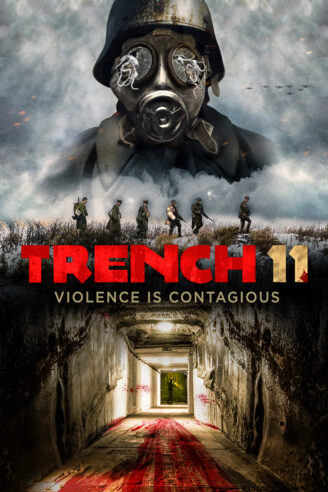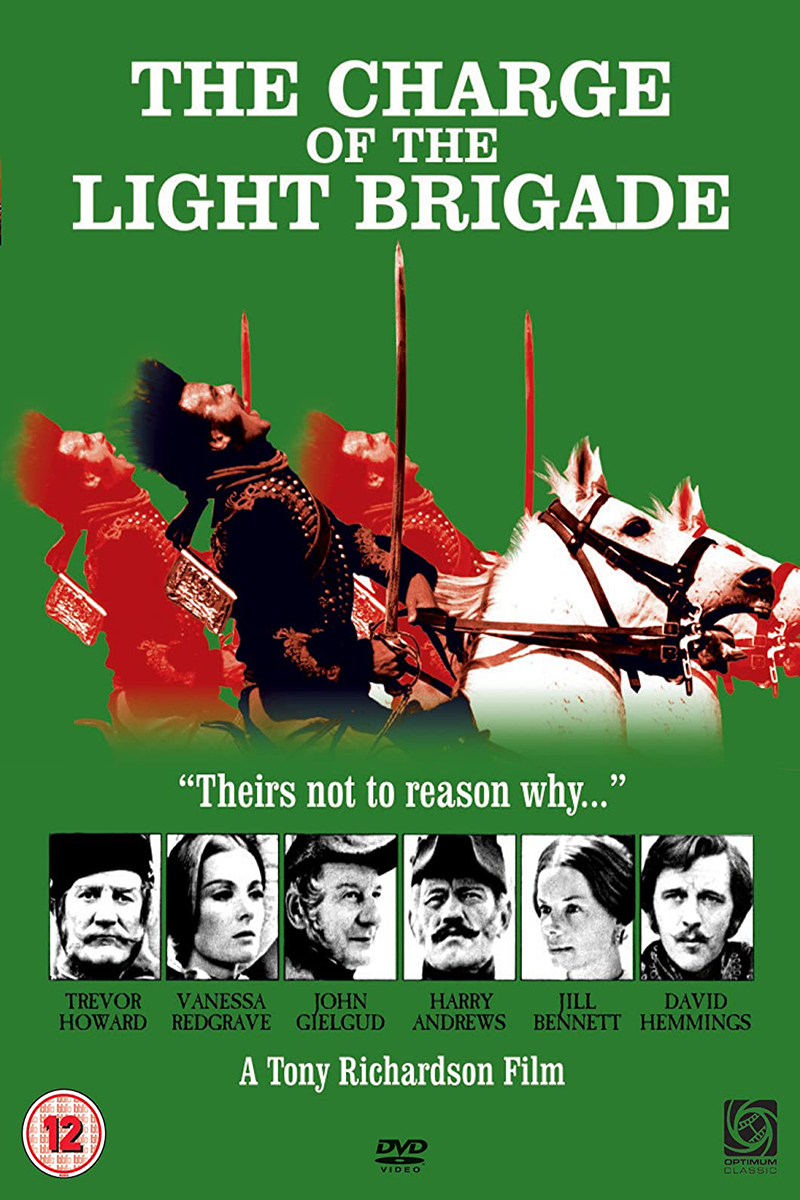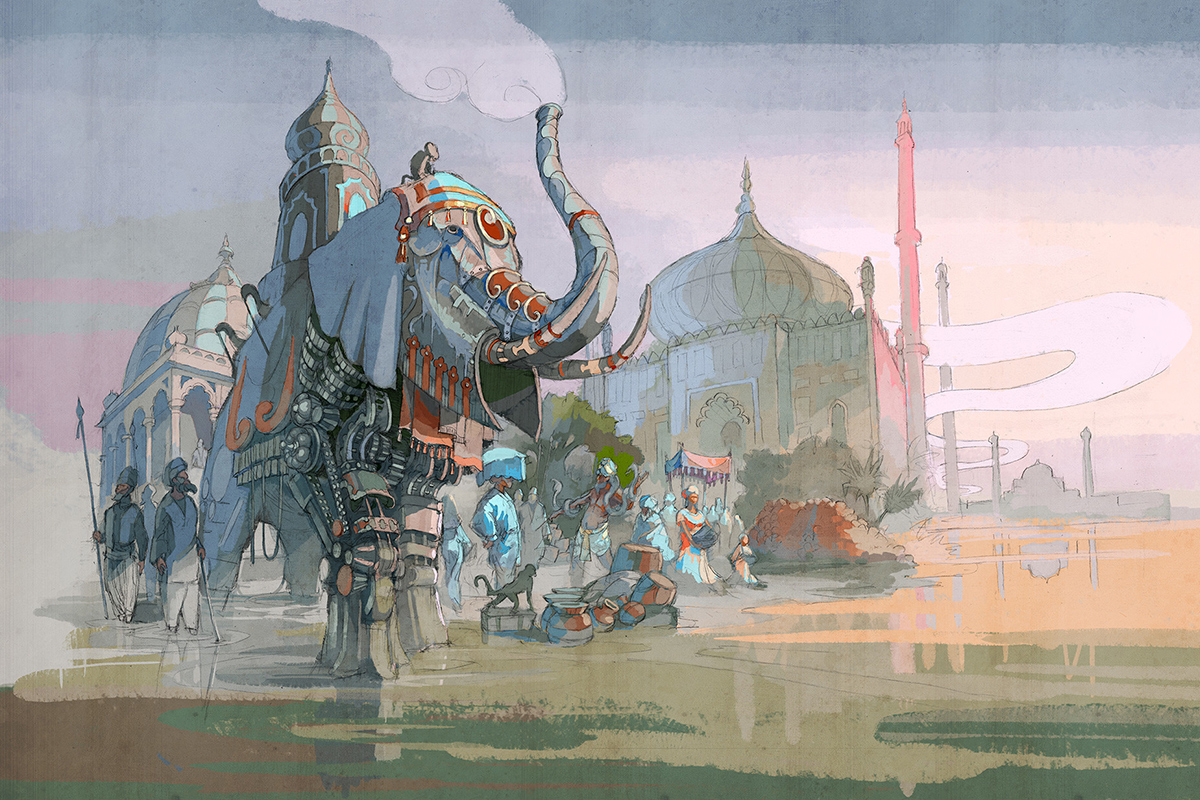An Internet friend of mine likes to say that the best war movies are essentially horror movies. They thrust you into a living nightmare, one where worms and locusts feast on the shredded cadavers of former comrades. As General Sherman said, “War is cruelty and you cannot refine it.”
It is no wonder then that horror movies will use the setting of such mass slaughters for their supernatural thrills. Recent examples include Overlord and Ghosts of War, both of which I have reviewed here. Leo Scherman’s 2017 film Trench 11 is another entry in the military horror subgenre.
Unlike the World War II setting of the two aforementioned films, Trench 11 takes place during World War I, that allegedly “great” war. It reminded me of a comment I saw on a video of Sabaton’s song Attack of the Dead Men, about the namesake event that defies belief but is true. It was about how strange the innovations of that miserable war must have seemed to the young men who were slaughtered in it; men flying, killing other men with bullets fired at speeds that render them invisible, riding in metallic machines, digging tunnels under the earth, and suffocating of toxic air. In that context, men rising from the dead does not seem that implausible.
Horror movies are said to be relatively cheap to make, as so much can be done with lighting and small spaces. Both of those elements are used spectacularly in Trench 11, for it chooses to use a setting commonplace in the popular image of World War I: the trenches. These are not the open-air excavations of no man’s land, but rather the massive underground engineering works the Germans constructed to solidify their hold in France, in this case the Argonne. It’s quite clever as a setting, where the errant noise can be completely natural or utterly unnatural.
The main character, Lieutenant Berton (played by Rossif Sutherland), is a Canadian tunneler who ends up finding the newest German weapon with which they intend to win this awful war. He is determined and plucky, the sort of soldier a general would have loved. The other characters are somewhat cookie-cutter; they are horror-film staples given the aesthetics of a war that promised to end all wars. You even have an insufferable officer who dies satisfactorily.
But it makes up for all that in the raw, imposing atmosphere that pervades the whole movie. It’s scary, less through jump scares and more through the dribbling of knowledge, as good horror films do. In these trenches, “cramped” is an understatement; claustrophobes are advised to consider whether they can handle this film’s dark, damp spaces.
Trench 11 is another good example of how you can blend mundane horror with supernatural horror. It is certainly worth the watch for anyone seeking a genre-bending viewing experience.





